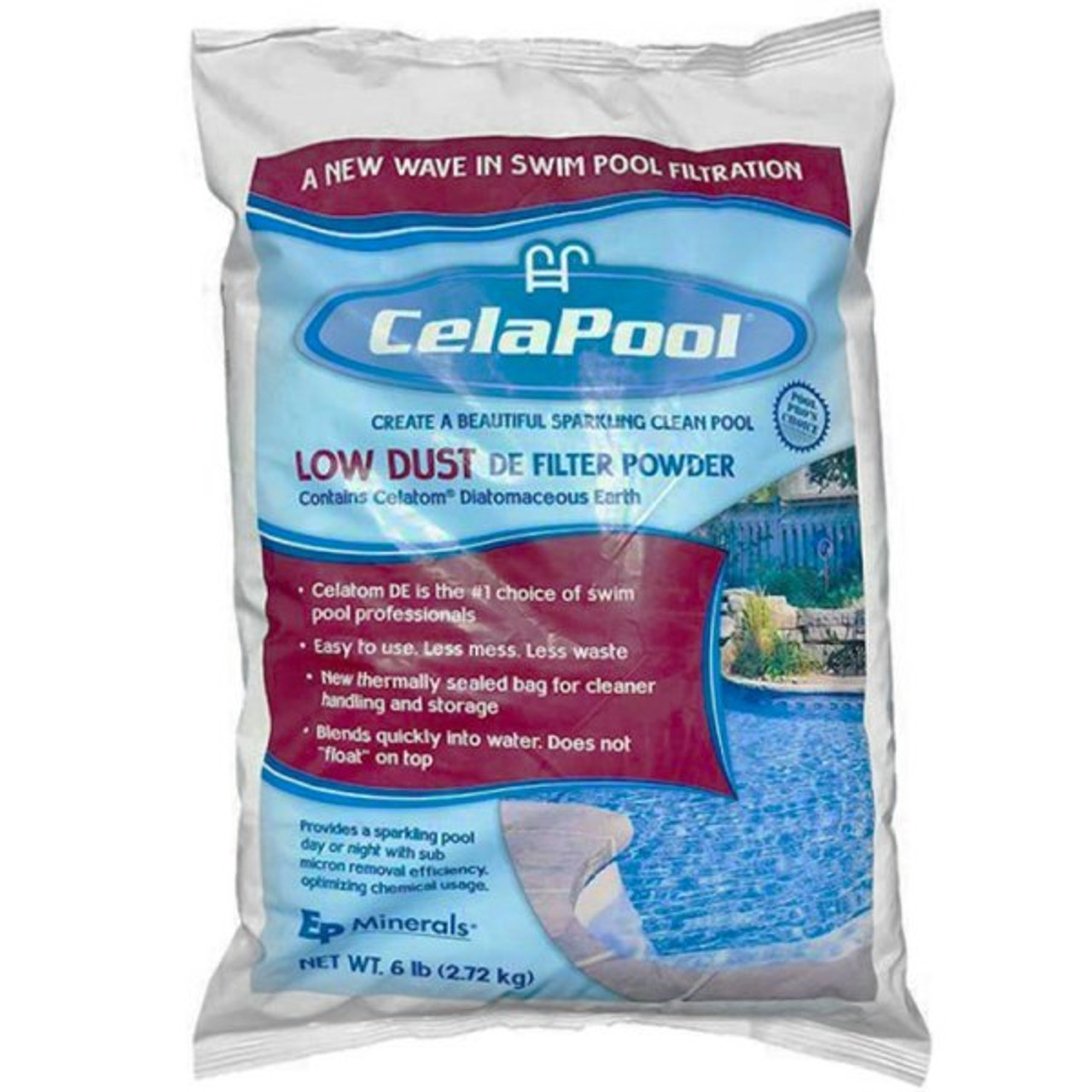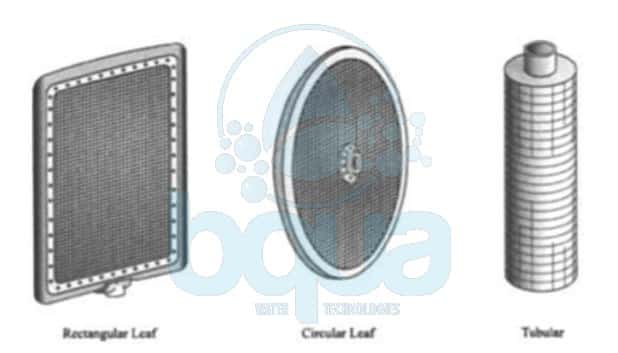Opening the Advantages of Diatomaceous Earth Filtering System for Pure and Clean Water
The exploration of diatomaceous planet (DE) filtering offers an engaging option for those seeking effective and sustainable water purification approaches. With its unique structure that records a variety of contaminations, DE filtering not only boosts water quality but likewise offers advantages in durability and energy effectiveness over standard systems. As the demand for tidy water remains to climb internationally, understanding the multifaceted applications and benefits of DE filters might expose crucial insights for both family and commercial usage. What details factors should be thought about when picking the suitable DE filter for your demands?
What Is Diatomaceous Earth?
Diatomaceous earth, frequently referred to as DE, is a normally taking place stratified rock made up largely of the fossilized remains of tiny, water organisms known as diatoms. These single-celled algae are abundant in silica, which is the primary element of DE. The special framework of diatomaceous planet contains microscopic, porous particles that supply a high surface area, making it a reliable filtering system medium.
DE is generally harvested from old lake beds and deposits, which have collected over countless years. It looks like a penalty, white to off-white powder, and its chemical structure mostly includes silicon dioxide, along with trace amounts of different minerals. This make-up is what gives DE its amazing residential or commercial properties.
Along with its application in water filtering, diatomaceous earth is made use of in a variety of sectors, including agriculture, food storage, and bug control. Its ability to soak up moisture and its abrasive top qualities make it an important source in these areas. In general, diatomaceous planet stands apart as an environmentally friendly alternative for various applications because of its all-natural beginning and effectiveness in purification procedures.

How Diatomaceous Earth Filtering Works

When water goes through a diatomaceous planet filter, the fine bits are caught in the detailed network of little pores. The shapes and size of these pores are important, as they are developed to target details impurities while enabling tidy water to flow through. As water moves with the filter tool, the mechanical action of the diatomaceous earth catches bigger fragments, while smaller impurities are absorbed or physically blocked.
In addition, the surface supplied by diatomaceous planet is extensive, improving its ability to hold impurities. This leads to a progressive accumulation of caught fragments, which can be regularly eliminated through a backwashing process. This technique makes certain consistent filtering effectiveness and contributes to the overall effectiveness of keeping tidy and pure water.
Advantages Over Traditional Purification
When contrasting diatomaceous planet filtering system to traditional filtration approaches, numerous benefits emerge that improve water filtration performance. Among the main benefits is the remarkable purification capacity of diatomaceous earth (DE), which can eliminate smaller particles and impurities that conventional filters might miss out on. The tiny structure of DE allows it to catch pollutants, including microorganisms and protozoa, causing cleaner water.
In addition, diatomaceous earth filters have a tendency to have a much longer lifespan than traditional media, reducing the frequency of substitute and upkeep. This long life not only lowers functional costs yet likewise reduces waste, adding to even more sustainable methods. DE filters also run at reduced pressure, which can lead to energy savings in large applications.
One more significant advantage is the flexibility of diatomaceous earth. It can be made use of efficiently in different contexts, from community water therapy centers to specialized industrial applications (diatomaceous earth filtering). The all-natural structure of DE makes it an eco-friendly choice, without damaging chemicals and contaminants commonly connected with artificial filtration systems
Applications in Household and Market
Countless applications of diatomaceous earth filtering system can be found in both family and industrial setups, highlighting its versatility and efficiency in water filtration. In property settings, diatomaceous earth (DE) filters are typically used in swimming pools, successfully catching particles and microorganisms, consequently preserving water clearness and health. Additionally, numerous families make use of DE in home water filtering weblink systems, where it offers to remove impurities, debris, and harmful pathogens, making sure secure drinking water.
In industrial applications, diatomaceous earth filtering system is indispensable to numerous industries, including food and drink production, pharmaceuticals, and wastewater treatment. In the food sector, DE is made use of in the filtering of beer and red wine, facilitating the elimination of yeast and other particulates while preserving the drink's taste profile. In wastewater therapy facilities, DE filters play a critical function in enhancing water top quality by trapping impurities and assisting in the recycling of water resources.
The efficiency of diatomaceous earth in both family and industrial applications highlights its important duty in promoting tidy water access, adding to public health, and supporting lasting practices.

Choosing the Right DE Filter
Selecting the suitable diatomaceous earth (DE) filter is important for guaranteeing optimal water purification, whether for commercial or property usage. diatomaceous earth filtering. The option of a DE filter depends on several critical factors, consisting of the details application, circulation rate needs, and the preferred level of filtration
First, go to these guys evaluate the volume of water to be filtered. For household usage, smaller filters suffice, while commercial applications might demand larger, high-capacity systems. Next off, take into consideration the flow price; it is important to choose a filter that can take care of the needed throughput without compromising water top quality.
Furthermore, evaluate the filtering level; DE filters come in numerous grades, influencing the removal of pollutants and particulates. As an example, higher-grade filters are excellent for applications needing rigorous purity degrees.
Finally, consider the upkeep demands and the schedule of replacement DE powder. Filters that are less complicated to maintain and have easily offered materials will minimize downtime and functional costs. By very carefully taking into consideration these elements, one can select a DE filter that meets particular demands, ensuring the delivery of secure and clean water.
Final Thought
In summary, diatomaceous earth filtering system stands for a considerable improvement in water purification modern technology, offering boosted effectiveness and efficiency in capturing impurities. Accepting diatomaceous planet filtering system can lead to enhanced public health end results and higher access to tidy water.
The expedition of diatomaceous planet (DE) filtering presents an engaging option for those looking for sustainable and reliable water filtration methods.When contrasting diatomaceous earth filtering system to standard filtration approaches, several benefits emerge that improve water purification performance.Various applications of diatomaceous planet filtering can be discovered in both household and commercial settings, highlighting its convenience and efficiency in water purification. In property environments, diatomaceous planet (DE) more tips here filters are commonly utilized in swimming pools, effectively catching debris and microbes, thereby preserving water quality and hygiene. In wastewater therapy facilities, DE filters play an essential duty in enhancing water high quality by capturing pollutants and assisting in the recycling of water sources.